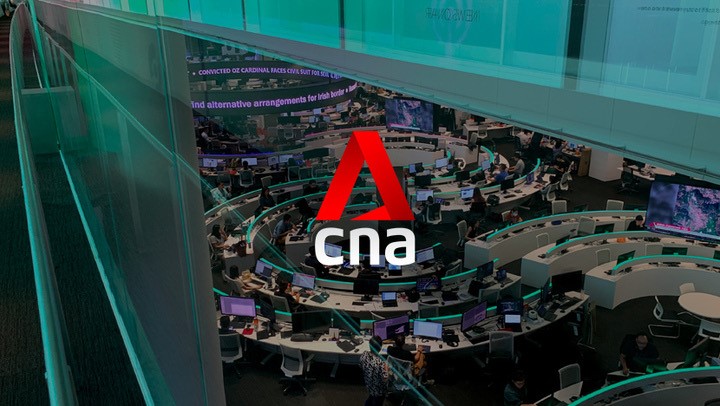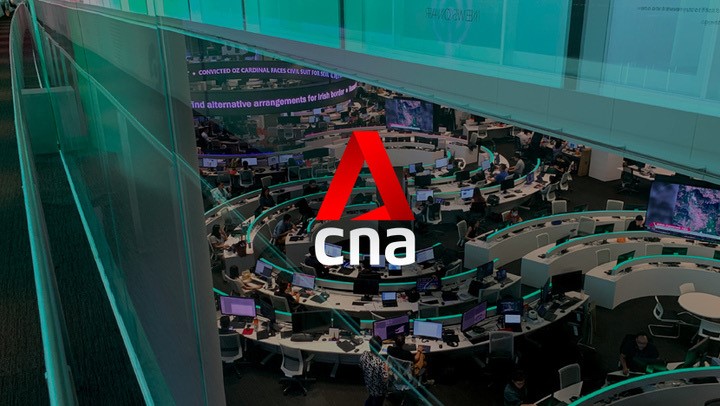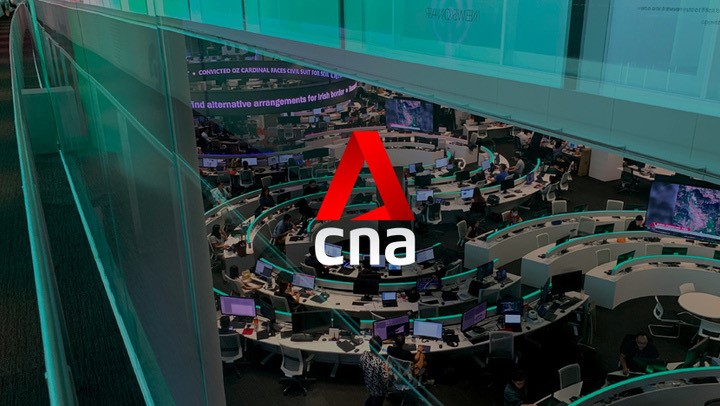- Joined
- Jun 27, 2018
- Messages
- 29,394
- Points
- 113
The good news keep cumming,,,however should not all childhood vaccinations be subsidised in the 1st place? Talk about throwing crumbs off the table to the populace
SingaporeAll childhood vaccinations to be subsidised at polyclinics and CHAS GPs by end of 2020
image: data:image/gif;base64,R0lGODlhAQABAAAAACH5BAEKAAEALAAAAAABAAEAAAICTAEAOw==
File photo of a woman preparing a measles vaccine. (Photo: AFP/Schneyder Mendoza)
image: data:image/gif;base64,R0lGODlhAQABAAAAACH5BAEKAAEALAAAAAABAAEAAAICTAEAOw==
By Jalelah Abu Baker @JalelahCNA
28 Aug 2019 02:30PM (Updated: 28 Aug 2019 04:07PM)
Share this content
SINGAPORE: All polyclinics vaccinations under the National Childhood Immunisation Schedule (NCIS) will be subsidised for Singaporeans by the end of 2020, and the subsidies will be extended to general practitioner clinics under the Community Health Assist Scheme (CHAS).
This was announced by the Ministry of Health (MOH) on Wednesday (Aug 28), as part of efforts to make childhood preventive healthcare more affordable and accessible.
ADVERTISING
inRead invented by Teads
Advertisement
Currently, most vaccinations under NCIS, such as Hepatitis B as well as measles, mumps and rubella, are fully subsidised at polyclinics.
With the changes, vaccinations for pneumococcal disease and human papillomavirus (HPV) will be subsidised as well - at both polyclinics and CHAS GPs.
image: https://www.channelnewsasia.com/ima...4bdf285603ab49f0963/kt/vaccinations-table.jpg

Vaccinations listed in the NCIS are recommended for protection against common vaccine-preventable diseases in Singapore.
Advertisement
Those that are currently subsidised are for diseases that have a high outbreak potential, such as measles.
READ: Spike in number of measles cases in first 11 weeks of 2019
For vaccinations recommended for personal protection, such as the one against pneumococcal disease, take-up rates are “much lower”, said MOH, although they offer significant protection against disease.
Apart from vaccinations, the ministry announced that childhood developmental screenings will also be subsidised at the more than 1,000 CHAS GPs. They are currently only subsidised at polyclinics.
PASSPORT APPLICATION FEE TO BE WAIVED
These were among a range of measures announced on Wednesday to support marriage and parenthood, including pre-school subsidies and removing the age limit for women undergoing in-vitro fertilisation (IVF) treatments.
READ: Additional subsidies for pre-schools to increase from January 2020
READ: Singapore to remove age limit for IVF treatments, introduce new subsidies
It was also announced that application fees will be waived for parents who are applying for their child's first passport. This applies to Singaporean children born after Jan 1, 2020.
The current application fee is S$70.
To enjoy the waiver, parents must submit the passport applications online before their children's first birthday.
Read more at https://www.channelnewsasia.com/new...ns-subsidies-polyclinics-chas-gp-moh-11848774
SingaporeAll childhood vaccinations to be subsidised at polyclinics and CHAS GPs by end of 2020
image: data:image/gif;base64,R0lGODlhAQABAAAAACH5BAEKAAEALAAAAAABAAEAAAICTAEAOw==
File photo of a woman preparing a measles vaccine. (Photo: AFP/Schneyder Mendoza)
image: data:image/gif;base64,R0lGODlhAQABAAAAACH5BAEKAAEALAAAAAABAAEAAAICTAEAOw==
By Jalelah Abu Baker @JalelahCNA
28 Aug 2019 02:30PM (Updated: 28 Aug 2019 04:07PM)
Share this content
SINGAPORE: All polyclinics vaccinations under the National Childhood Immunisation Schedule (NCIS) will be subsidised for Singaporeans by the end of 2020, and the subsidies will be extended to general practitioner clinics under the Community Health Assist Scheme (CHAS).
This was announced by the Ministry of Health (MOH) on Wednesday (Aug 28), as part of efforts to make childhood preventive healthcare more affordable and accessible.
ADVERTISING
inRead invented by Teads
Advertisement
Currently, most vaccinations under NCIS, such as Hepatitis B as well as measles, mumps and rubella, are fully subsidised at polyclinics.
With the changes, vaccinations for pneumococcal disease and human papillomavirus (HPV) will be subsidised as well - at both polyclinics and CHAS GPs.
image: https://www.channelnewsasia.com/ima...4bdf285603ab49f0963/kt/vaccinations-table.jpg

Vaccinations listed in the NCIS are recommended for protection against common vaccine-preventable diseases in Singapore.
Advertisement
Those that are currently subsidised are for diseases that have a high outbreak potential, such as measles.
READ: Spike in number of measles cases in first 11 weeks of 2019
For vaccinations recommended for personal protection, such as the one against pneumococcal disease, take-up rates are “much lower”, said MOH, although they offer significant protection against disease.
Apart from vaccinations, the ministry announced that childhood developmental screenings will also be subsidised at the more than 1,000 CHAS GPs. They are currently only subsidised at polyclinics.
PASSPORT APPLICATION FEE TO BE WAIVED
These were among a range of measures announced on Wednesday to support marriage and parenthood, including pre-school subsidies and removing the age limit for women undergoing in-vitro fertilisation (IVF) treatments.
READ: Additional subsidies for pre-schools to increase from January 2020
READ: Singapore to remove age limit for IVF treatments, introduce new subsidies
It was also announced that application fees will be waived for parents who are applying for their child's first passport. This applies to Singaporean children born after Jan 1, 2020.
The current application fee is S$70.
To enjoy the waiver, parents must submit the passport applications online before their children's first birthday.
Read more at https://www.channelnewsasia.com/new...ns-subsidies-polyclinics-chas-gp-moh-11848774



